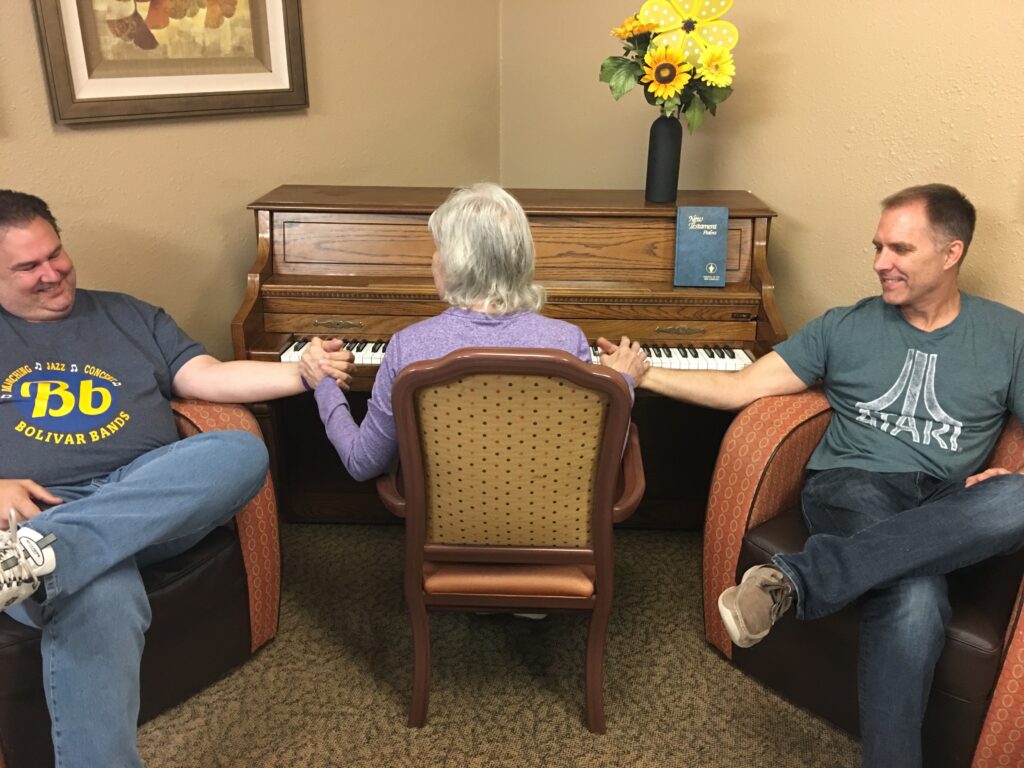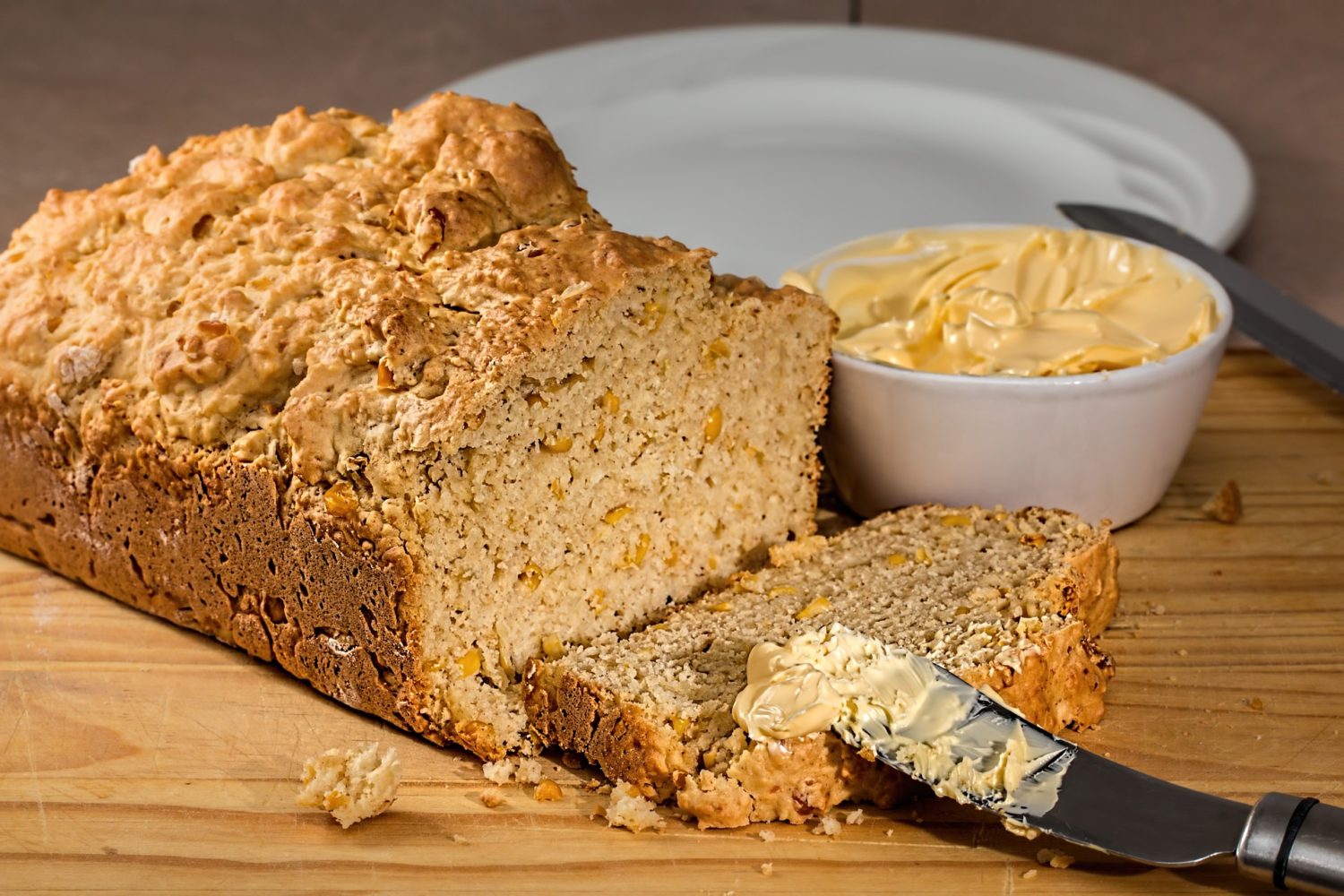Posted 12-4-19
Have you ever wondered what causes something to go from a passing thought or situation to a memory…a long-term one? I have too. Lots of people and several movies have tried to think it through as best can be done. One of my very favorite movies, from my favorite movie maker (Pixar) is the gem Inside Out. (Synopsis here if you haven’t seen this wonderful movie) Here is a clip for your consideration:
(Note: Her folks remind me of the parents on This is Us, but I digress further…)
So, do we really have little emotional beings in brains administering our emotions and partially building and protecting core memories? Yes…yes we do. The end.
Update: Mom had another great day yesterday. I didn’t get to go in person, unfortunately, but I called and checked in on her and we tried to chat on the phone…not very possible even for me since I can’t see her facial gestures and non-verbal cues, and neither can she with me. However, it was a good day and we are blessed to continue this wonderful streak. We just need a cure now! 🙁 #EndALZ
Uhhh, what??? You think there is more to memories than little emotion cartoon beings in our brains? Do you at least buy in to the core memory idea? OK…I will try harder to answer this very challenging question. This is why they pay me the big bucks! 😉
Memories are very interesting and hard to understand. Take a look at this VSauce gem about nostalgia:
Nostalgia, in a way, surely involves core memories. Not everything we store as nostalgic is “important”, but it is surely important to us at the time. Are they made from a Pavlovian reaction somehow? You remember Pavlov…the guy who rang the bell, fed the dog and watched it drool and “discovered” some facts about stimuli and response? Do we remember an event, perhaps as a core memory, because of excitement/good or bad emotions/extreme change because of an extreme fight or flight response or a flood of pleasure hormones? That is likely more like it, although it doesn’t really explain music’s ability to stick around…or does it?
Now take a look at this clip and we can talk some more:
Henry Molaison, known at the time as H.M. or Patient H, has taught us a lot through his tragic story. Indeed, we tend to learn more human biology facts through terrible circumstances like Henry’s surgery (or even Nazi torture) than we do in easier ways…unfortunately. I guess it is because they were one-offs that we can look at vicariously and draw conclusions? Henry had the majority of his Hippocampus and his Amygdala removed and was studied extensively to see what would and did happen, and the results are amazing. He couldn’t create certain long-term memories, but he could master some longer term skills. Please read all you can about this interesting fellow. Here is another short video about him.
We know that there is a memory center of the brain that gets broken by dementia. The Hippocampus (See link and link and link and Link especially after the 2 minute mark) figures centrally into that process of preparing and storing the memories, and the Amygdala is where fear/emotions are processed through sensory areas and sent to reactionary areas, if you will. So, it would seem that this little almond-shaped area (Amygdala) plays into initializing/codifying core memories because we learn, sometimes falsely, what is important to keep as a memory and what is “safe” to forget. There are lots of opinions in this area and I will leave it to you to study further, but suffice it to say that if something creates tremendous emotion in any form, it is more likely to stay in your core than those who are not.
(Wild guess time:) So, why are some of life’s “most important memories” completely forgotten in a patient with dementia? Maybe, just maybe, what we consider important isn’t what the brain, separate from the us that makes us us, “thinks” is important? Maybe mom cannot remember my name or perhaps who I am relationship-wise, but she can remember important memories about me? I mean, she recognizes that she should know me when I come… every time, so far. Patients often remember childhood years which is when a lot of the emotional and scary memories happened. Maybe she was comfortable enough with me that it was OK for her to forget things like my name or other factoids because she didn’t have any fear that she may need that info?
(Something else) Music and/or sounds, it seems obvious, completely change how we view things and make for powerful memories. Here is a funny edited example from the show Friends that illustrates how removing sound or replacing it with different sounds messes things up, and becomes more memorable in the process. Even subtle changes, like changing a song to a minor key, completely changes the mood and makes them tweak my memory. Here are a few examples from an interesting YouTuber named Chase Holfelder: One from Moana and The Friends theme song and the last by Imagine Dragons. If you are unfamiliar with these, here is the National Anthem for you, with some explanation.
Music is powerful to build memories, perhaps because of this emotional, multi-sensory flood of experiences that hits our brain all at once (especially when tied to other emotional events). Think about experiences that may be linked to music: a raucous sporting event or concert, the cadence of the beeping machines at a hospital perhaps at childbirth or the passing of a loved one, or even in something more personal like “physical relationships”, if you will.
Emotional sensory experiences, like smells, taste and touch certainly promote codifying memories somehow. Maybe the Amygdala and the Hippocampus really dig each other in this area? Experience certainly implies as much. Mom can remember hundreds of songs, she has food tastes (sort of) although that is a physical feature that can experience change as we age, and “recognizes” people she should know better than those she shouldn’t.
I will do more research on this topic and I hope you will too, if for no other reason, because it is cool and could lead to a way to connect better with our loved ones. Oh, and I still wonder if my wingnut theory of using memory retention through music could be a thing and I encourage you to read that odd little episode here.
Thank you for joining me in this little piece. Please comment below and share this freely. I am super curious what other people believe on the topic and what they have experienced. 🙂
#EndALZ
#EndAlzheimers #Walk2EndAlz #AlzAssociation #GoPurple #Dementia #Brain
Here are some more articles and videos I found interesting in this area:
Link Link Link Link Link Link Link Link Link Link Link Link Link Link …(excellent video) Link Link Link


